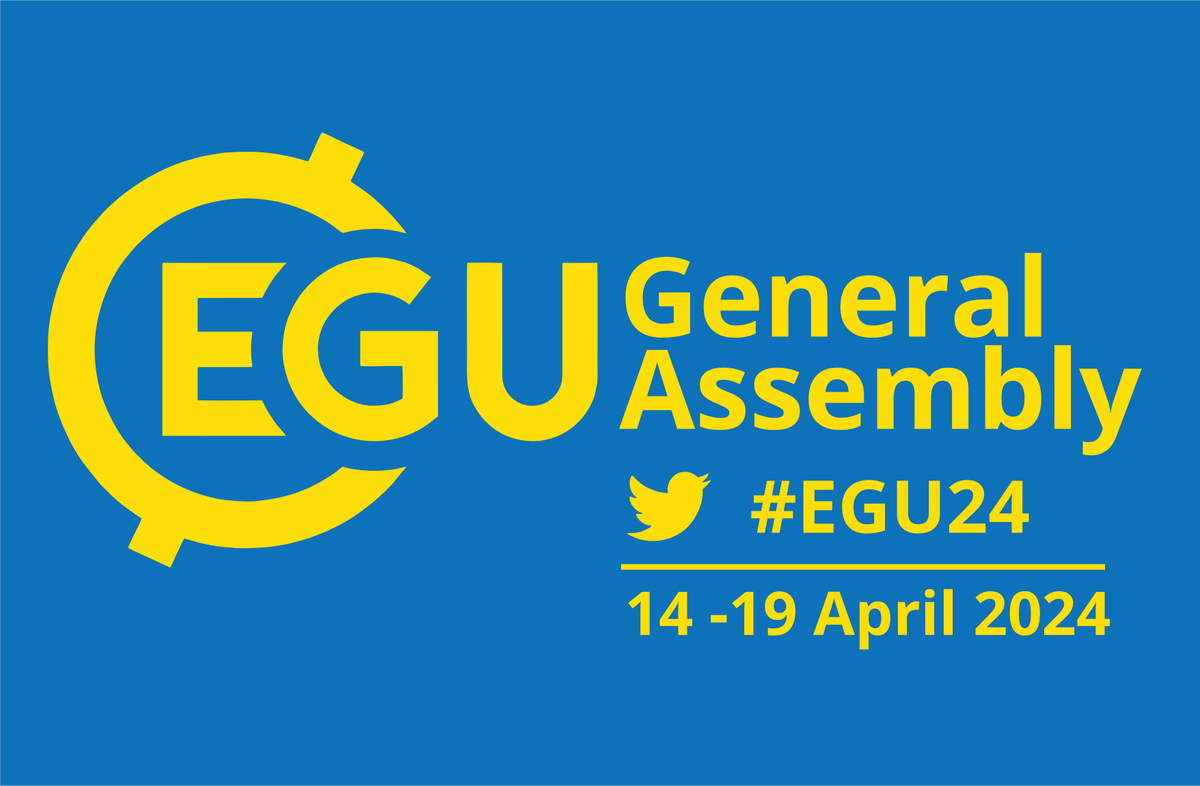EGU General Assembly 2024
Start: Saturday 13th April 2024
End: Thursday 18th April 2024
Location: Vienna, Austria
The European Geosciences Union (EGU) announces its forthcoming General Assembly 2024, scheduled to be held from April 14th to April 19th, 2024, in Vienna, Austria, as well as online.
The EGU General Assembly 2024 serves as an important gathering, welcoming geoscientists from across the globe to a single event encompassing every facet of Earth, planetary, and space sciences. This esteemed assembly aims to establish a comprehensive forum, fostering collaboration among scientists of all levels, especially early career researchers, and providing them with an opportunity to present their work and engage in discussions with experts across various geoscience disciplines.
Attendees can anticipate a dynamic environment designed to promote interdisciplinary interactions, knowledge exchange, and the exploration of innovative ideas shaping the realm of geosciences. The assembly will offer a diverse array of sessions, forums, and networking opportunities, facilitating robust engagement and collaboration among experts and emerging talents within the field.
Iliad Participation
The session OS4.7 at the EGU 2024 conference, co-convened by Iliad expert Katerina Spanoudaki, focuses on oceanographic monitoring and modelling to understand marine pollutant pathways and impacts. This includes pollutants like hydrocarbons, plastic, heavy metals, and pharmaceuticals. The session welcomes discussions on monitoring frameworks, computational tools, lab experiments, and emerging technologies. It emphasizes the integration of modelling, observations, and experimental data for data assimilation and validation. Key topics include pollutant transformations, ecosystem stressors, such as climate change and environmental degradation, and the impact of pollutants under ice conditions in the Arctic Ocean. Key questions revolve around factors influencing pollutant dispersion and their effects on marine habitats and resources. Additionally, the session addresses the impact of environmental stressors like artificial light, noise, and thermal pollution on marine ecosystems.
As part of the session, Katerina will also present a paper entitled "A near-real time oil spill detection and forecasting system for Iliad Digital Twins of the Ocean". The paper by Katerina and colleagues outlines a novel near-real-time oil spill detection and forecasting system developed within the Iliad project. This system, designed for the Cretan Sea, integrates various models, including numerical weather, hydrodynamic, and sea state models, with real-time observations from low-cost sensors to provide early detection and accurate forecasting of oil spill trajectories. Leveraging Sentinel-1 SAR images and a trained FCOS model for automatic detection, the system demonstrates its effectiveness in detecting and delineating oil spills, as well as forecasting their trajectories, as evidenced by its successful testing on the Ulysse-Virginia oil spill event off the coast of Corsica in 2018. Overall, the paper presents a comprehensive and innovative approach to oil spill response, utilising advanced technologies and data integration to support timely and effective mitigation efforts, thereby minimizing environmental and economic impacts.
